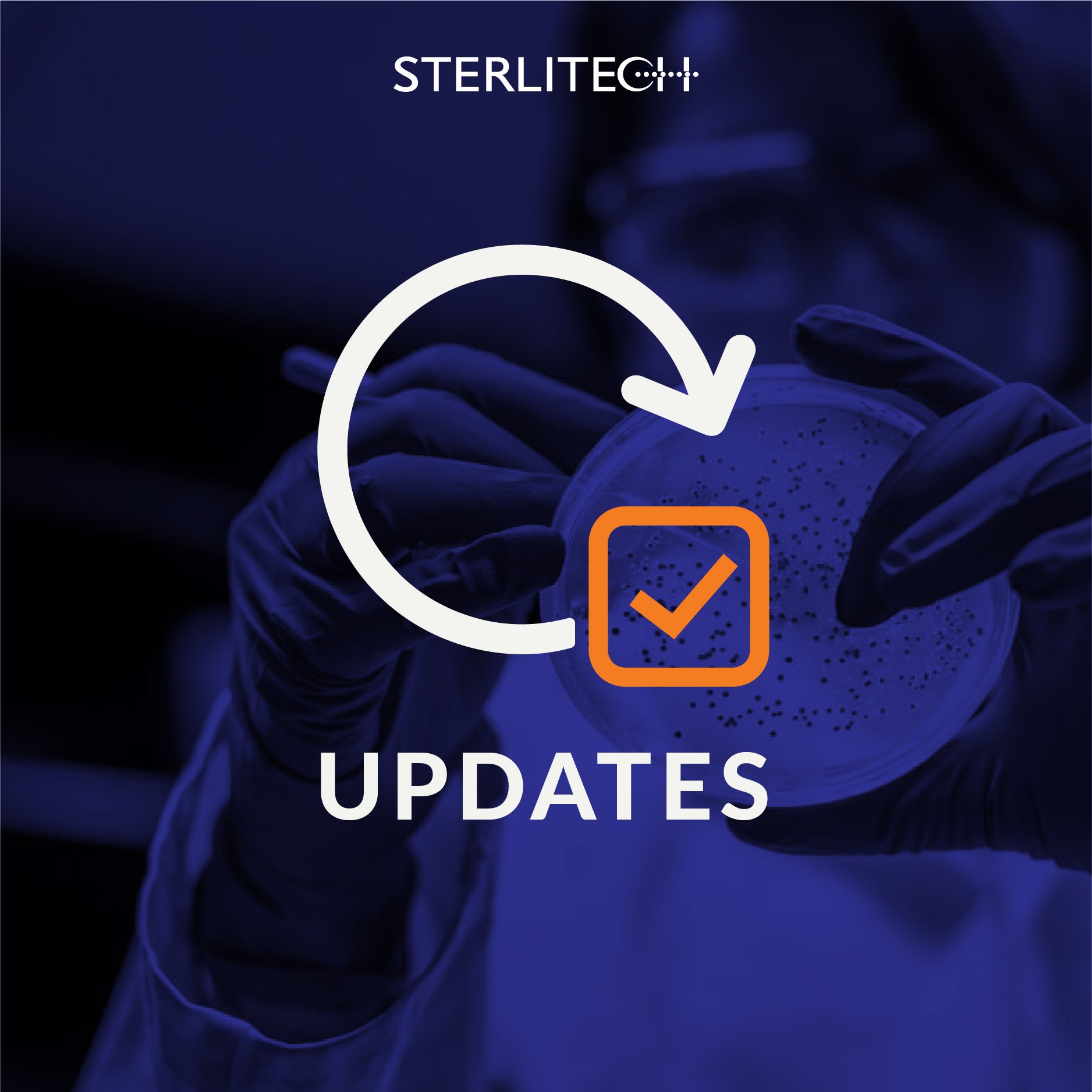
The name Lockheed Martin invokes images of high tech aircraft, secret weapons, and other technologies that seem a whole lot more exciting than a reverse osmosis (RO) membrane. However, Perforene™, Lockheed Martin’s latest innovation, promises to be an exciting new development for RO desalination. It’s made from graphene, an allotrope of carbon where the atoms arranged in hexagonal cells to make a sheet that is only one atom thick. The next thinnest RO membrane is about 500 times thicker than Perforene™. It is the almost impossible thinness of the membrane that makes it so exciting for RO; it takes about 100 times less energy to push water through the membrane when compared to the average RO membrane available commercially today. The Perforene™ membrane was developed by placing holes that are one nanometer or less in diameter into the membrane. These holes are small enough to trap the ions while dramatically improving the flow-through of water molecules, reducing clogging and pressure on the membrane. Although it is only one atom thick, graphene is both stronger and more durable than almost any other material could be at this scale. The combination of strength, high permeability, and excellent selectivity could make Perforene™ the key to cheaper desalination costs in plants across the globe. And cheaper desalination can mean better access to fresh water in arid places such as North Africa, the Middle East or the Western United States. As the world’s population continues to grow, the demand for fresh water for drinking, agriculture, and industry will grow along with it. Perforene™ can make meeting those demands easier. Perforene was developed and tested with the help of Sterlitech’s CF042 crossflow cell, a lab scale cross flow filtration unit designed to provide fast and accurate performance data with minimal amounts of product, expense, and time. It enables researchers to study membrane performance in the small scale before committing resources to larger process scale systems. Sterlitech offers the CF042 in different materials to meet different needs, in addition to the larger Sepa CF crossflow cells and the smaller HP4750 stirred cell. Recently, we also began offering the Sepa and CF042 in Forward Osmosis (FO) configurations to further enable research into new water technologies. Further details can be obtained by contacting us.


![Join Sterlitech at BIO 2024 [Booth #5558]: Exploring the Future of Biotechnology](https://www.sterlitech.com/media/magefan_blog/b4.jpeg)

